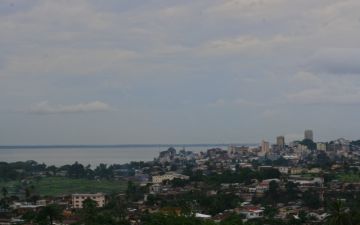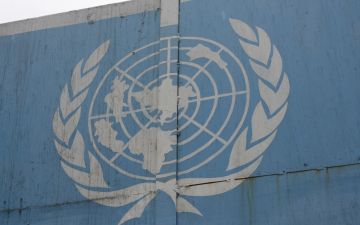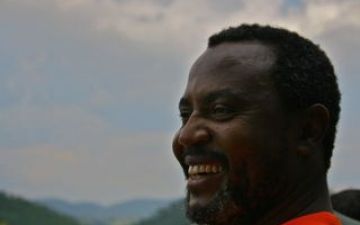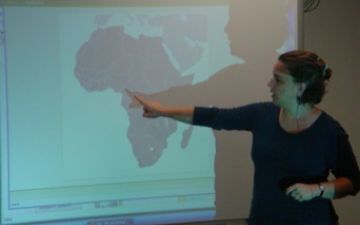For decades the international community has been dogged by its failures to protect civilians from war. In the 1990s peacekeeping forces floundered in Somalia, abandoned 8,000 unarmed Muslim men and boys to slaughter in Srebrenica, and stood by in Kigali as 800,000 Tutsi were killed in the Rwandan genocide. Meanwhile, old conflicts renewed themselves -- despite celebrated peace agreements -- around the world. The combination called into question our ability to maintain and protect peace.
Five years ago, the United Nations embarked upon a new experiment in shaping peace. The UN Peacebuilding Commission is designed to catalyze financing, concentrate attention and create incentives that support lasting peace. The goal is to support weak post-conflict countries as they transition into more stable societies. From reintegrating ex-rebels to laying the groundwork for elections, from brokering security sector reform to broadening development, the Peacebuilding Commission looks at it all.
But what does its own work look like, five years later? This year, the Commission is undergoing a thorough review. As representatives to the United Nations evaluate their colleagues' work, this reporting project visits the people who are supposed to benefit from the new peace. In Guinea Bissau, Burundi, Sierra Leone and Central African Republic, this series of reports asks, does peace finally have a chance?
This reporting project was made possible through the support of the Stanley Foundation.





